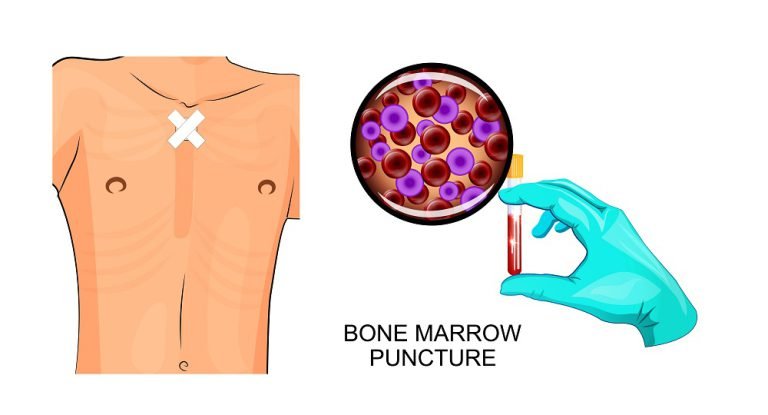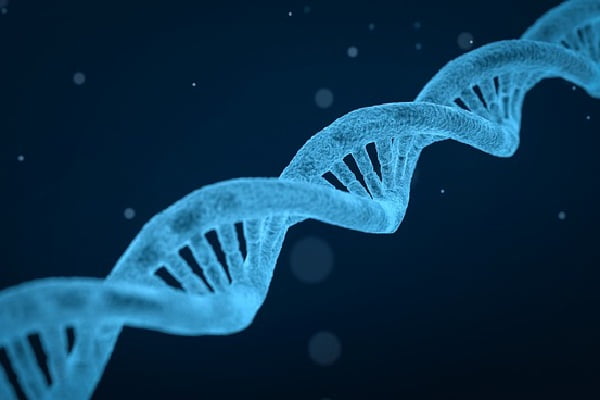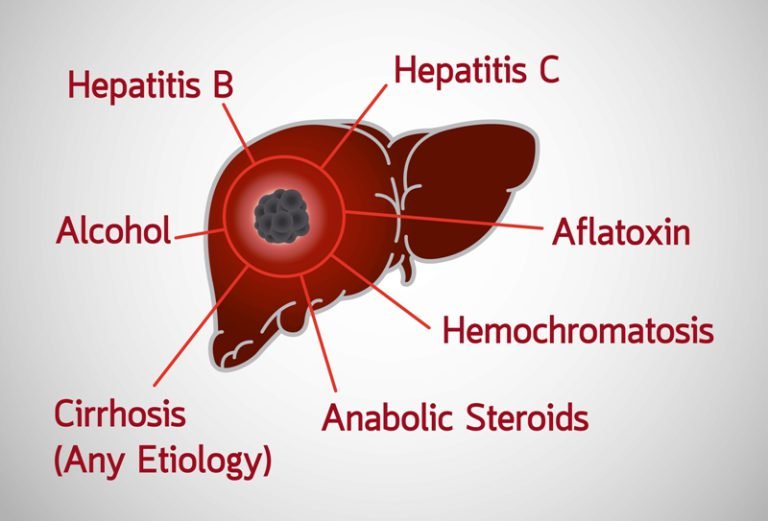Browsing: Rare Diseases
 The page provides quick access to a list of common rare and neglected diseases, syndromes, health conditions, and other topics of health importance. The list is organized alphabetically. Links are provided to respective diseases sections that serve as a comprehensive and ultimate guide about the disease or health condition.
The page provides quick access to a list of common rare and neglected diseases, syndromes, health conditions, and other topics of health importance. The list is organized alphabetically. Links are provided to respective diseases sections that serve as a comprehensive and ultimate guide about the disease or health condition.
According to the World Health Organization (WHO), rare diseases are defined as lifelong disease or disorder which has a prevalence of 1 or less in a population of 1000 people. In the United States, a prevalence of less than 200,000 cases indicates a medical condition to be rare. Rare diseases are also referred as orphan diseases as various drug companies do not want to develop any treatment or medication for it.
Majority of rare diseases occur due to genetic mutations in genes or chromosomes of an individual. Some cases have been reported where rare diseases occur due to an infection or due to rare cancers or autoimmune diseases. These autoimmune diseases do not have any inheritable significance.
Most rare diseases cannot be cured and lead to death of an individual or shortened life expectancy. Till date, all aspects of a rare disease have not been fully identified and understood by scientists, therefore, it is difficult to diagnose, treat and prevent occurrence of such diseases.
Some common rare diseases which have a widespread occurrence are acquired hemophilia, alkaptonuria, alpha and beta thalassemia, cystic fibrosis, Duchene muscular dystrophy, stargardt disease, sickle cell disease, nipah virus infection etc.
Duchenne Muscular Dystrophy (DMD): Causes, Signs, Symptoms, Diagnosis, Treatment, Survival
Duchene muscular dystrophy (DMD) is an inherited progressive form of muscular dystrophy. It causes muscle degeneration or atrophy (of skeletal and heart muscles) and results in weakness. Muscle weakness may begin at an age of 3 or 4 years in the pelvic area, hips or legs, and shoulders.
Castleman’s disease is supposed to be a group of disorders with a wide range of common symptoms. This disease results in the enlargement of lymph nodes and can cause lymphoma if not treated on time. Treatment of Castleman’s disease is dependent on its sub-types.
The condition, Macular Degeneration, has 3 stages. In the early stage, about 20% patients only develop an active neurovascular form. This stage changes to atrophic macular degeneration and later to neovascular macular degeneration which means it worsens slowly and gradually. The condition has no permanent and absolute cure.
There are two copies of chromosomes in the cells of our body. Any alteration in the number of copies of chromosomes results in an abnormality. In Down syndrome, chromosome 21 has three copies instead of normally occuring two copies. It is also known as Trisomy 21.
The exact cause of Castleman’s disease is unknown. Due to this reason, there is no defined treatment for Castleman’s disease. Several ongoing research pieces or clinical trials such as application of monoclonal antibodies, use of biomarkers, etc might act as potential disease control methods for a person suffering from Castleman’s disease.
Acromegaly is a rare hormonal disorder that occurs when pituitary gland overproduces growth hormone in the body. Normally, growth hormone (GH) is produced by pituitary gland present in the brain but any kind of benign or non-cancerous tumor in the pituitary gland may result in excessive production of the growth hormone. Such non-cancerous tumors are called adenomas.
Excess cerebrospinal fluid leads to enlargement of the ventricles which puts extensive pressure on the brain. This causes a condition called hydrocephalus. In children with Achondroplasia, a decrease in the absorption of spinal fluid can lead to enlarged head and hydrocephalus.
Down syndrome is associated with physical disabilities including eye problems ranging from mild to severe issues. It has been reported that almost half of patients with Down syndrome have mild to severe eye diseases.
Down syndrome abortion has become a common practice in many countries especially in the UK, Denmark, and Iceland. Latest statistics revealed that Down syndrome abortion rate is 100% in Iceland, 98% in Denmark, and almost 90% in the United Kingdom, which is quite alarming.
Down Syndrome: Causes, Symptoms, Diagnosis and Treatment
Down’s syndrome affects about one in every 800 babies. It is associated with physical growth delays and intellectual disability and can result in severe complications such as heart defect, digestive problems, thyroid problems, etc. The appearance of Down syndrome symptoms helps in the diagnosis of Down’s syndrome.













